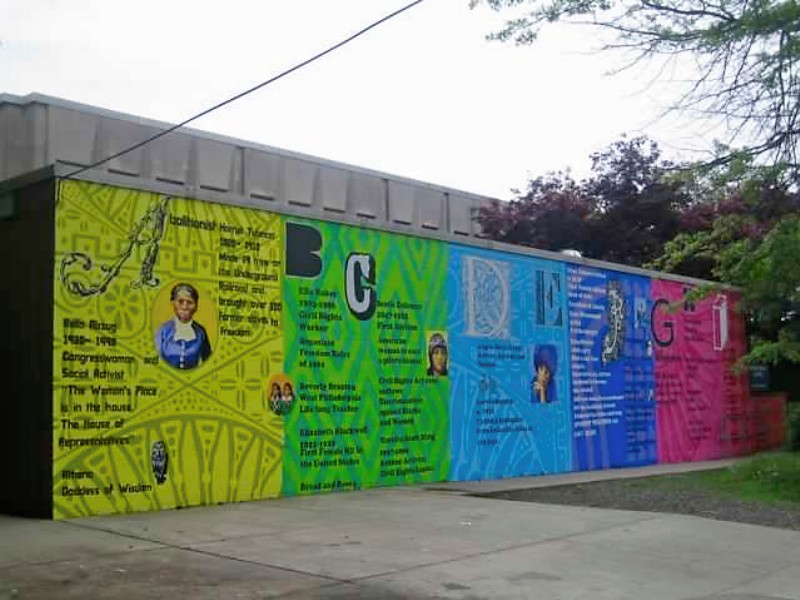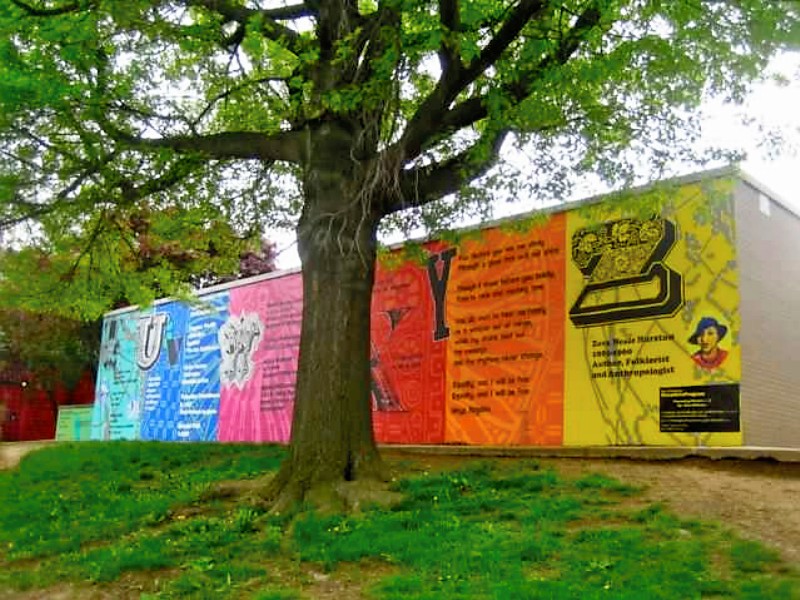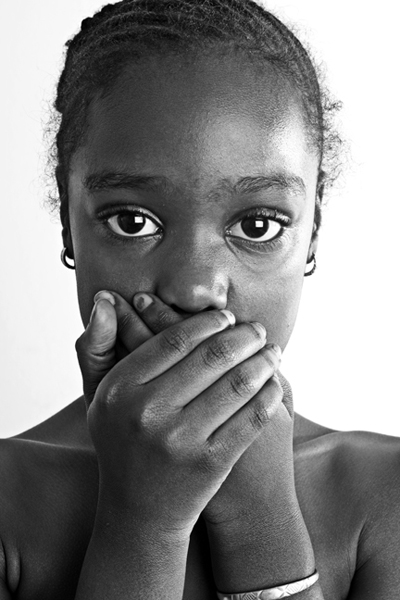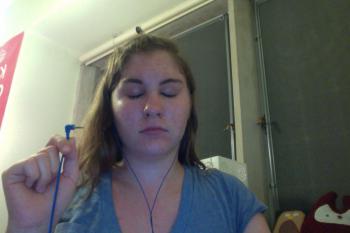Serendip is an independent site partnering with faculty at multiple colleges and universities around the world. Happy exploring!
Walled Women



POST YOUR THOUGHTS HERE
Welcome to the on-line conversation for Women in Walled Communities, a cluster of three courses in a new 360° @ Bryn Mawr College that focuses on the constraints and agency of individual actors in the institutional settings of women's colleges and prisons.
This is an interestingly different kind of place for writing, and may take some getting used to. The first thing to keep in mind is that it's not a site for "formal writing" or "finished thoughts." It's a place for thoughts-in-progress, for what you're thinking (whether you know it or not) on your way to what you think next. Imagine that you're just talking to some people you've met. This is a "conversation" place, a place to find out what you're thinking yourself, and what other people are thinking. The idea here is that your "thoughts in progress" can help others with their thinking, and theirs can help you with yours.
Who are you writing for? Primarily for yourself, and for others in our cluster. But also for the world. This is a "public" forum, so people anywhere on the web might look in. You're writing for yourself, for others in the class, AND for others you might or might not know. So, your thoughts in progress can contribute to the thoughts in progress of LOTS of people. The web is giving increasing reality to the idea that there can actually evolve a world community, and you're part of helping to bring that about. We're glad to have you along, and hope you come to both enjoy and value our shared explorations. Feel free to comment on any post below, or to POST YOUR THOUGHTS HERE.

Silence, Protests, and Roles

I've been thinking a lot about the connection of silence with oppression, either as an enabler of oppression or a form of protest. The most obvious examples are those of marginalized groups in the US and abroad who have either been oppressed by silence or used it as a method of ending that oppression. I've been relating silence to my own life, however, when thinking about my role within my family. In my family, silence is used as a way to maintain the power dynamics of the "adults" and/or the men. I always say that my experiences at Bryn Mawr are very different than those at home because at Bryn Mawr I have a voice and know that others are interested in what I say. In my own family however, I don't feel as though it is ok for me to contradict a comment my father makes, or to showcase what I've learned because I am a woman and a daughter. I have learned to not only follow the rules of silence within my family because they are our tradition, but as a way to keep the peace, even if it keeps important parts of me hidden from those I care about the most. I very rarely question or disagree with my family members, even now as a college student, mostly because silence to us is synonymous with respect.

Silence imagined

In a time when I feel like I'm always plugged in or listening to something, silence to me looks like taking a moment to unplug the headphones, close my eyes, and stop everything for a moment. Media, music, television, movies--pervasive, addicting, wonderful, distracting? Cutting myself off from the information flow can be annoying--I don't really like the feeling of having my earbuds in without any sounds filtering through them, and it makes me feel vulnerable to be removed from any sensory input with my eyes shut as well. But the feeling is only temporary, and I can listen to the world without the earbuds, to the (relative) quiet of my hall and the crickets dancing outside my window. Which of these is more silent, I wonder? Does letting in the natural noise of our surroundings, or not listening to anything at all, better represent silence? I guess I'd say that earbuds with no sounds is more silent, but, at least for me, much more uncomfortable than sitting quietly in my room and listening to my fingers tapping the keys, the conversations of my hallmates, and all the "noise" that is produced in nature, that I can never turn off.

Deavere Smith and Cliff
I thought both of these readings were insightful looks into how words and how we speak them shape who we are, or who we appear to be. I was struck most by Deavere Smith's and Cliff's words about reflection: "The mirrors of society do not mirror society" (Deavere Smith), and "I had mixed time and incident and space and character and also form to try to mirror the historical turbulence" (Cliff). So often in our media today, the "mirrors of society", or the "uncovering" of facts about well-known figures, are falsified, made to be more sensational and attention-grabbing than they truly are, losing authenticity and connection to the "real life" that they are supposedly showing. Deavere Smith's point about participation of unseen groups in the "mirror of society" rings true in this age of "reality" television marked by privilege and excess, and even in scripted movies, shows and plays, in which minorities and other marginalized groups are relegated to small, teachable roles, of the model or the nadir of how members of such groups should behave. Cliff, on the other hand, is accepting her background as a member of a belittled and oppressed group in order to write a more honest depiction of herself, and in her own, more fully formed voice. Yet at the same time, she acknowledges that "we are a fragmented people". No one voice, no matter how rich or on-point, will be truly able to represent an entire population. I think that this leads nicely back to Deavere Smith's point: everyone has an individual voice, shaped by ethnicity, language, environment, education, and so much more.

A Silent Space
I hope I managed to do this post right. It's been a while since I've grappled with Serendip. I chose this picture based on a conversation that took place in a Social Work class I am work in. As a way for students to introduce themselves, the professor asked each student who they would bring on a space mission (no family). While the answers varied, almost every student mentioned the need for someone who would fill the silence that would inevitably permeate the mission. This, in my mind, indicated that the students percieved silence and a primarily negative aspect of their space journey -- something empty that needed to be fixed. As space is often used to represent the great unknown -- one of humanity's greatest fears -- I have chosen to represent silence with this picture of the cosmos becuase from this conversation I learned that people are also quite fearful of silence and try to avoid it at all costs.


The app that I downloaded in order to read and annotate pdf files on my iPad
Hi Professor Dulke,
I remember you asked about an application that enabled you to read and annotate reading and I thought about the Goodreader application that I have on my iPad. It cost me about $5 but it is really good.

"Visualizing Silence"
Welcome into the "silence" portion of this 360! By Wednesday evening, please follow the instructions @ "how to add an image to your post," and put up here your current "visualization" of silence....along w/ any explanation you'd like to offer.... and don't forget to tag your posting as "silence" (you'll see the options below the "body" portion of the post).

Welcome to the 360 Ed course!
Dear 360 folks,
Welcome to our course forum for Walled Women, and to the online course forum specifically tagged to the Ed course. We'll be using this as a space to continue our conversations about what we're reading, writing, thinking and talking about in class. The writing here is informal, conversational; and for this class we'll be posting almost weekly (see our syllabus) by Wed. at 5. Our first post is this Wed., Sept. 5.
Looking forward to our exchanges this semester!
Jody

Instructions for Preparing Your 360 Web Portfolio

|
|

SILENCE

VOICE

Vision - BMC



